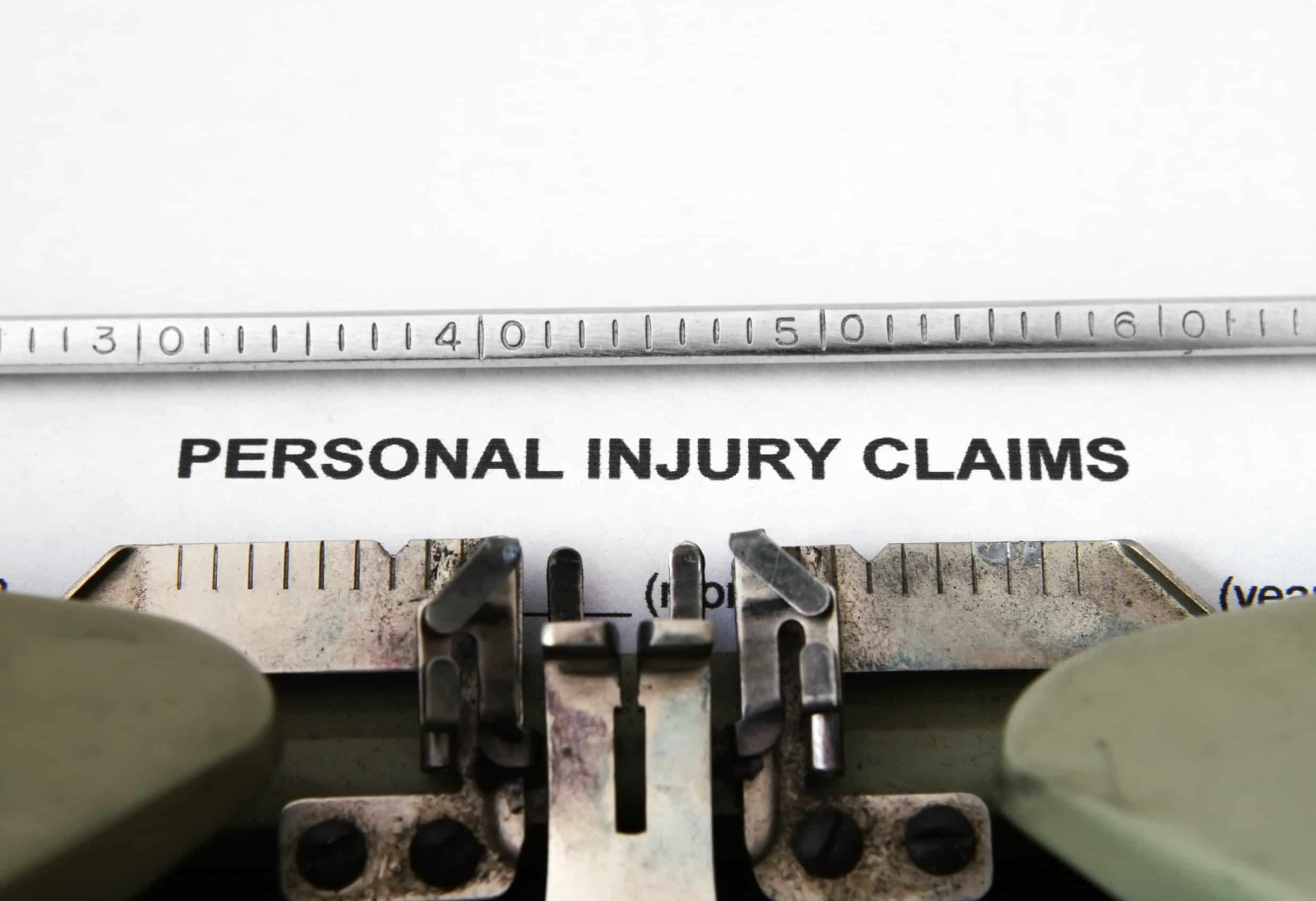The Florida Legislature’s Latest Attempts at Tort Reform and How They Affect Personal Injury Cases
The Florida Legislature has pursued tort reform measures recently, aiming to limit liability and protect businesses from excessive litigation costs. These reforms, aimed at limiting liability and protecting businesses from excessive litigation costs, have generated significant concerns among personal injury attorneys, consumer advocates, and those who have suffered harm due to the negligence of others.
Understanding the intricacies of these reforms is crucial for individuals navigating the legal system and seeking rightful compensation. By exploring the potential implications of Florida’s tort reform efforts, we can empower those affected to make informed decisions and take the necessary steps to protect their rights.
Background on Tort Reform
Tort reform refers to changes in laws that aim to restrict the ability of injured individuals to seek compensation through the civil justice system. Proponents argue that these reforms help curb frivolous lawsuits, reduce insurance premiums, and promote economic growth. Opponents, on the other hand, express concerns about limiting access to justice and weakening the rights of injured victims.
Florida Legislature’s Tort Reform Efforts: Medical Malpractice Damages Caps
One significant aspect of Florida’s tort reform efforts is the implementation of a damages cap on medical malpractice cases. 2017 the Florida Supreme Court struck down a previous damages cap, stating it violated the state’s constitution. However, in response, the Florida Legislature has made subsequent attempts to pass legislation that would reinstate the damages cap. Supporters argue that this cap prevents excessive payouts and promotes stability in the healthcare industry. Critics argue that it unfairly limits the compensation available to victims of medical negligence, potentially leaving them without full recourse.
Assignment of Benefits (AOB) Reform
Another area of focus in tort reform efforts is the Assignment of Benefits (AOB) process. While the primary goal of AOB reform is to address insurance fraud, there is concern that it may inadvertently impact personal injury cases. By limiting an individual’s ability to choose their own medical providers, these reforms may compromise the quality of care received by injured victims. It is vital to safeguard the interests of individuals seeking appropriate medical treatment while addressing any potential abuse of the AOB process.
Premises Liability and Negligent Security
Reforms aimed at premises liability and negligent security cases have also been proposed. The objective is to raise the burden of proof for victims, making it more challenging to establish liability for injuries sustained due to unsafe conditions or criminal acts on someone else’s property. While the intention may be to protect businesses from excessive lawsuits, it is essential to balance these reforms to prevent innocent victims from bearing the burden of preventable harm. Striking a fair balance that upholds the rights of injured individuals while addressing concerns regarding frivolous lawsuits is crucial.
The Impact on Personal Injury Cases
The recent tort reform efforts in Florida can impact personal injury cases significantly. While proponents argue that these reforms promote economic growth and reduce frivolous lawsuits, critics express concerns about limited access to justice and reduced compensation for victims. By restricting damages and raising the burden of proof, personal injury cases may become more challenging to pursue, resulting in a higher threshold for victims to prove negligence or wrongdoing.
Reforms targeting AOB may limit the choice of medical providers, potentially compromising the quality of care for injured victims. Access to adequate medical treatment plays a vital role in the recovery process, and it is essential to ensure that victims have the freedom to choose medical professionals they trust.
Additionally, raising the burden of proof for premises liability and negligent security cases may create obstacles for individuals seeking justice after suffering preventable harm. Victims should not bear an unreasonable burden when seeking accountability for injuries sustained due to hazardous conditions or criminal acts on another’s property.
If you are concerned about the impact of these tort reform measures on personal injury cases, it is crucial to take action. Stay informed about the latest developments in Florida’s tort reform efforts, and engage with your local legislators. Voice your concerns and advocate for preserving the rights of injured victims to seek fair compensation and access justice.
If you or a loved one have been affected by Florida’s tort reform measures and believe that your rights to fair compensation have been compromised, it is crucial to seek legal guidance and protect your interests. Contacting a knowledgeable personal injury attorney can significantly affect your case.
About the Author:
Andrew Winston is a partner at the personal injury law firm Winston Law. For over 20 years, he has successfully represented countless people in all personal injury cases, focusing on child injury, legal malpractice, and premises liability. He has been recognized for excellence in representing injured clients by admission to the Million Dollar Advocates Forum and named one of America’s Top 100 High-Stakes Litigators. Mr. Winston is AV Preeminent Rated by the Martindale-Hubbell Law Directory, enjoys a 10.0 rating by AVVO as a Top Personal Injury Attorney, and has been selected as a Florida “SuperLawyer” from 2011-2022– an honor reserved for the top 5% of lawyers in the state – was voted to Florida Trend’s ”Legal Elite,” recognized by Expertise as one of the 20 Best Fort Lauderdale personal injury attorneys, named one of the Top 100
 How Florida’s New Texting While Driving Law is Impacting Personal Injury Cases
How Florida’s New Texting While Driving Law is Impacting Personal Injury Cases 


















